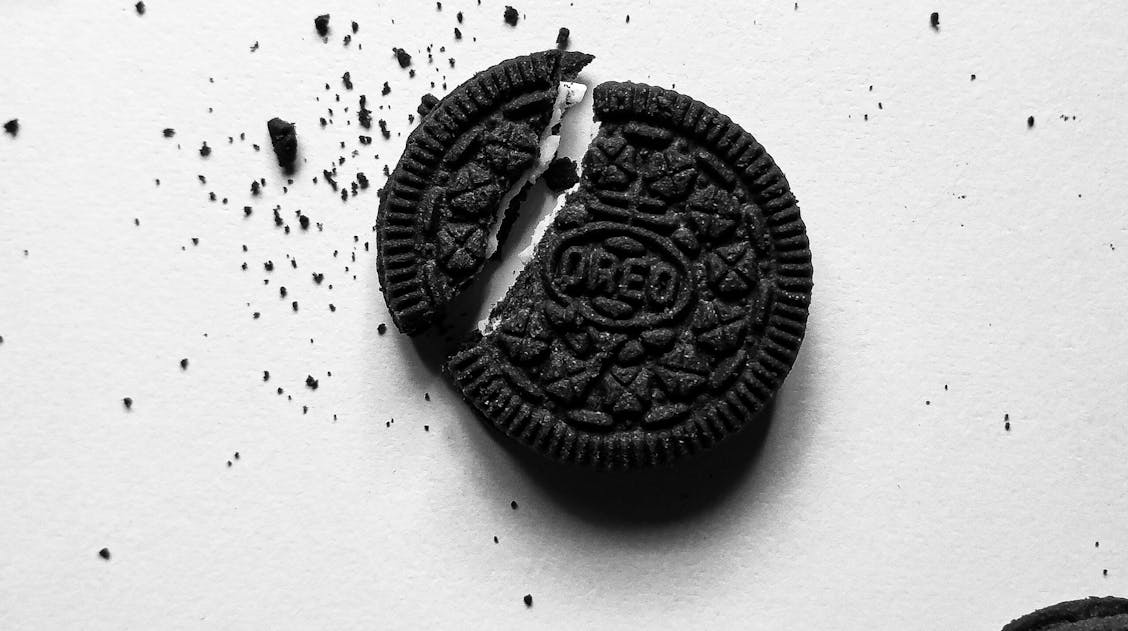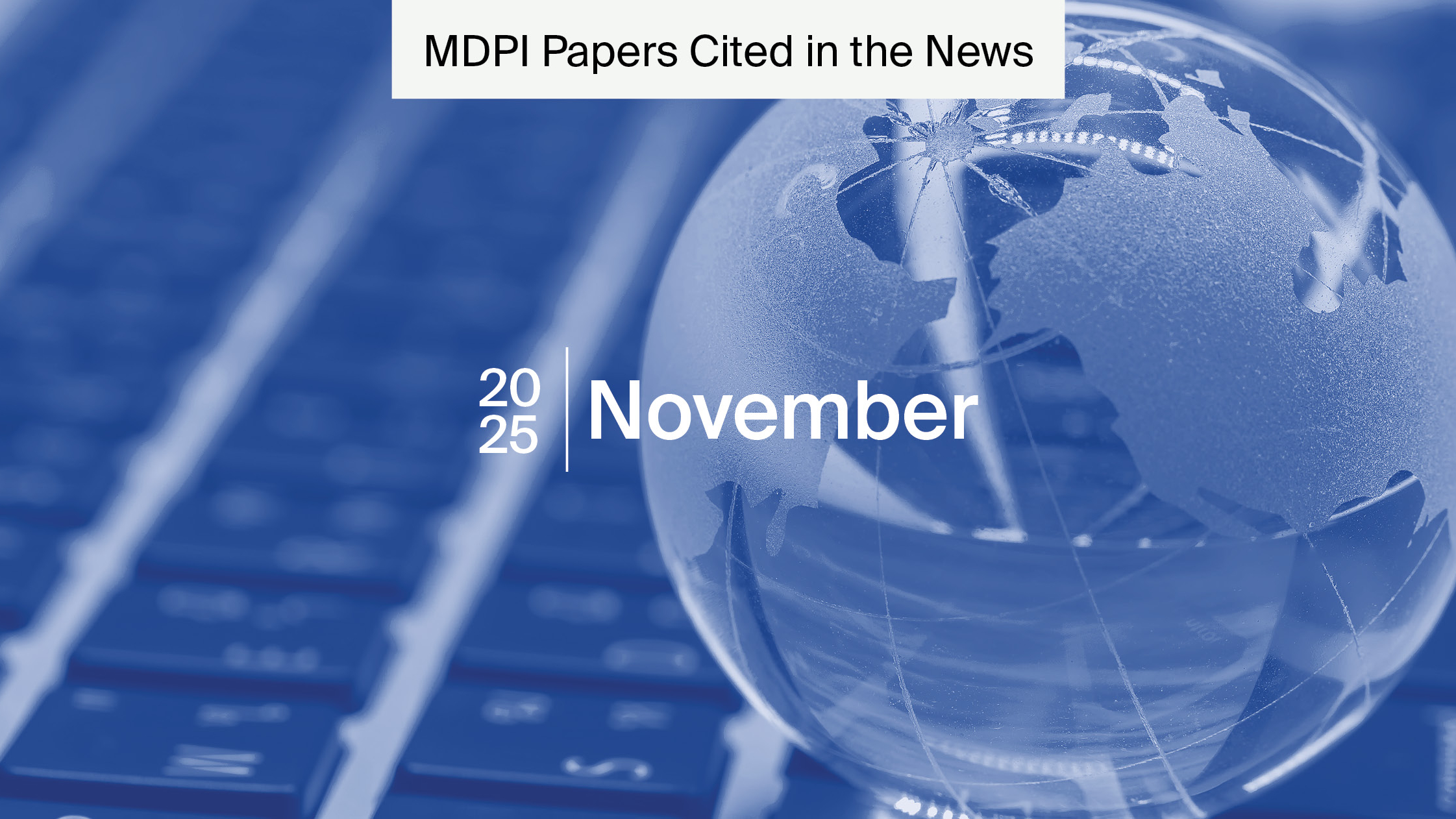
Oreo Cookies Lower LDL Cholesterol in Keto Diets
Obesity is a chronic disease that has reached epidemic status globally. Obesity is defined as excessive or abnormal fat accumulation, which presents risks to health. The rate of obesity has nearly tripled globally since 1975. Globally, 13% of adults are obese, and 39% are overweight and at risk of obesity. Being obese or overweight can increase the risk of developing other diseases or conditions, including type 2 diabetes mellitus, hypertension, dyslipidemia, hepatosteatosis, and sleep apnea. These conditions can all increase the risk of cardiovascular disease and certain cancers. In addition, obesity and being overweight can affect patients both physically and mentally. Because of this, there has been an increase in the popularity of specialised diets, including carbohydrate restriction.
In this article, we explore new research by MDPI authors that investigate carbohydrate restriction diets and the possible negative implications associated with these types of diets.
What is a carbohydrate-restricted diet?
There is no official definition of a low-carbohydrate diet. However, according to The National Academies of Sciences, Engineering, and Medicine:
- <10%, or 20–50g of carbohydrates, is considered a very low carbohydrate intake.
- <26% or <130 g is considered a low carbohydrate intake.
- 26–44% is considered a moderate carbohydrate intake.
- ≥45% is regarded as a high carbohydrate intake.
Types of carbohydrate-restricted diets
There are a wide range of low-carbohydrate diets. This includes ketogenic, Atkins, and Palo diets. Ketogenic or keto diets are characterised by <50g of carbohydrates intake per day and increased fat and protein consumption. They can be can be further subcategorized by the proportion of carbohydrates, proteins and fats consumed. For example, the standard keto diet requires a 10% carbohydrate, 20% protein, and 70% fat intake. Other types of keto diets can vary based on changes in carbohydrate, protein, and fat intake. As well as the addition of exercise routines. Carbohydrate-restricted diets can cause a range of health issues if not followed responsibly. Because of this, any changes to diet should be discussed and approved by a doctor or healthcare professional.
Association between weight loss and carbohydrate restriction
The association between weight loss and low-carbohydrate diets is explained by the hypothesis that reducing carbohydrate intake lowers insulin levels. Insulin is a hormone that produces an anabolic, fat-storing state, which facilitates the storage of energy as fats. Limiting carbohydrate intake immediately reduces the number of calories being consumed. This directly impacts the amount of insulin that is produced during digestion, resulting in less storage of fats and sugars for energy, known as lipogenesis.
Because less fat and sugar are being stored, the body must burn already-existing fats to produce energy. This is a metabolic state known as ketosis. Because of this, low-carbohydrate diets have been recommended to help with various conditions, including type II diabetes and epilepsy, when following a tailored diet recommended by your doctor or healthcare professional. However, it is always important to speak to your doctor or health provider before making changes to your diet or even considering a low-carbohydrate diet.
Ketogenesis
A decrease in blood glucose levels caused by a reduction in carbohydrate intake stimulates the liver to produce glucose for energy by breaking down glycogen stores via glucogenesis. Persistently low blood glucose levels result in the breakdown of fats, which is referred to as lipolysis. The body at this point finds it difficult to produce energy, which in turn produces acetyl-coenzyme A (CoA).
CoA is responsible for synthesising ketone bodies, an alternative form of glucose, produced to generate energy. Because of this, it’s normal for those first adapting to a keto diet to have some side effects, including, fatigue, brain fog, headaches, and dizziness.
Concerns regarding carbohydrate restriction
There are some concerns regarding low-carbohydrate diets, as it’s unknown how keto diets affect the body long-term. It has been suggested that keto diets could promote the consumption of unhealthy fats, increasing the risk of heart and cardiovascular diseases. In addition, it can also cause low blood pressure and increase the risk of developing kidney stones, constipation, and nutrient deficiencies.
Elevated LDL cholesterol associated with carbohydrate restriction
Recently, researchers Norwitz and Cromwell from Harvard Medical School and The Lipoprotein and Metabolic Disorders Institute respectively, used a creative approach to investigate the effect of carbohydrate supplementation on the cholesterol levels of an individual following a ketogenic diet.
The research study was unique as it was a single-subject self-study and carbohydrate supplementation came in the form of Oreo cookies. Oreo cookies are a type of junk food, high in carbohydrates. Single-subject self-studies are valuable in these types of experiments. Longitudinal studies do not require large sample sizes and the requirements for ethical clearance to feed a group of people only Oreos for an extended time can be circumvented by performing the study on yourself. They published their findings in the journal Metabolites.
The study was based on recent data that suggests that low-carbohydrate diets may increase Low-Density Lipoprotein-cholesterol(LDL-C), sometimes called ‘bad’ cholesterol. Elevated LDL-cholesterol levels are a risk factor associated with atherosclerotic cardiovascular disease (ASCVD).
In particular, this phenomenon has been demonstrated to occur in individuals who are ordinarily considered healthy and lean with High-Density Lipoprotein cholesterol (HDL-C; 80 mg/dL) and low triglycerides (≤ 70 mg/dL). Those who fit this characterization as well as follow a low-carbohydrate diet are referred to as having the Lean-Mass-Hyper-Responder-Phenotype.
In addition, the researchers identified that the leaner the individual is, the more likely it is that LDL-C will rise.
What is the lean-mass-hyper-responder-phenotype?
The researchers explain that the main cause of this Lean-Mass-Hyper-Responder-Phenotype is the depletion of glycogen stores in the liver during carbohydrate restriction. This is referred to as the lipid energy model (LEM). Furthermore, they explain that in lean, healthy individuals, this causes increased movement of fat fuels such as fatty acids. This fat fuel is used to produce other sources of energy, including COA. The fatty acids are resynthesized into triglycerides (TG) and moved out of the liver via very low-density lipoproteins (VLDL). Increases in VLDL and other lipoproteins result in increased LDL particles and LDL-C, increased HDL-C, and decreased TG levels. Increased LDL-C can cause damage by blocking blood vessels, which can increase the risk of heart attack or stroke.
The experiment
The researchers decided to conduct a self-experiment on Dr. Nicholas G. Norwitz, who had been following a keto diet to improve the symptoms of a personal medical condition. Self-experimentation can have more power when compared to conventional experiments, especially for topics regarding health for example weight loss. This is because they can be more easily controlled when compared to organising a group of volunteers. Furthermore, this can allow researchers to produce results at a quicker rate than conventional experiments.
Dr. Nicholas G. Norwitz fit the experiment criteria as he had exhibited an LMHR phenotype, as well as following a keto diet for just over 4 years before the study began. This research was conducted under the supervision of a medical professional.
Methodology
Both authors hypothesised that, by reintroducing carbohydrates, the liver glycogen store would replenish, preventing the movement of alternative fat fuels and the increased LDL, LDL-C, HDL-C particles, and decreased TG levels.
They also tested the effect of high-intensity statin therapy on decreasing the levels of these molecules. Statins are commonly used to decrease LDL cholesterol in patients who have a high risk of cardiovascular diseases.
The two separate studies were separated by a washout period of 3 months. During this time, Dr. Nicholas G. Norwitz returned to a keto diet. This allowed him to return to his baseline weight and similar cholesterol levels. The study then goes on to compare the two different experiments and determine which one had a greater effect.
Carbohydrate source
Any carbohydrates could be used in this experiment, such as bananas, potatoes, pasta, etc. However, the researchers tried something surprising and decided to use Oreo cookies as the carbohydrate. The researchers stress that this decision was made so that their experiment would appeal to a wider audience and that they do not recommend Oreo cookies as a health food.
Results
The researchers were astonished to find that, after 14 days of consuming 12 Oreo cookies a day, the LDL levels in Dr. Nicholas G. Norwitz’s blood had decreased significantly. Following high-intensity statin therapy, the results showed that Oreo cookies significantly lowered his LDL at a greater rate than high-intensity statin therapy.
Oreo cookies lowered his LDL by 71% in 16 days, whereas high-intensity-statin therapy lowered his LDL by 32.5% over 6 weeks. The authors stress that this is a metabolic demonstration and that the data presented in this case study experiment should not imply any form of health advice. In addition, they also state that,
“Oreo supplementation should not be considered a beneficial health intervention, and long-term consumption of refined carbohydrates would be very likely to have negative health consequences.”
Summary
As the popularity of low-carbohydrate diets increases, this study is important to show that these diets can have notable side effects.
Low-carbohydrate diets do have beneficial effects for adults with diseases such as Type II diabetes and epilepsy when followed short-term. They allow for weight loss in patients, who often struggle to lose weight via exercise and moderate diet changes.
However, any changes in diet should be discussed at length with medical professionals and should not be followed without this advice. Because of the benefits of low-carbohydrate diets, the study identified that more research needs to be conducted on the LMHR phenotype.
If you’re interested in learning more about this fascinating research, please see the paper here. Alternatively, if you’re interested in submitting your research on this subject, please see our journal Metabolites for more information.










